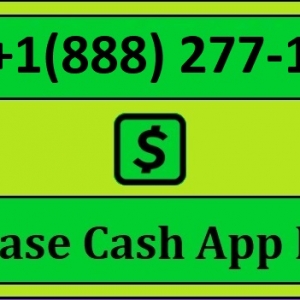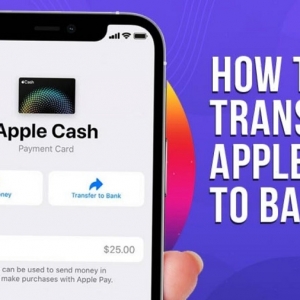In today's digital age, peer-to-peer payment platforms like Venmo have gained immense popularity, revolutionizing how we handle financial transactions. However, as the use of these platforms grows, questions regarding tax implications and responsibilities arise. Suppose you are wondering whether you must pay income taxes for Venmo and bank transfers. So, let’s begin and understand essential information about Venmo taxes. Here we begin.
Why does Venmo require my tax information?
Like other financial institutions, Venmo is legally obligated to collect tax-related information from its users. This requirement stems from the Internal Revenue Service (IRS) regulations that combat money laundering, tax evasion, and other illicit financial activities. By collecting tax information, Venmo ensures compliance with these regulations and helps users fulfill their tax obligations.
What kind of payment is deemed taxable by Venmo?
It's important to note that Venmo itself does not determine the taxability of payments made through its platform. Instead, the tax implications are based on the nature of the underlying transaction. Generally, payments received through Venmo that are considered income or taxable events may be subject to income taxes. Some common examples include:
- Business Income:If you receive payments through Venmo as part of your business activities or freelance work, these payments are typically considered taxable income. Whether selling goods, providing services, or receiving tips, you may need to report this income on venmo tax return.
- Rental Income:If you receive rental payments through Venmo for properties you own or manage, this income is generally subject to taxation. Rental income should be reported on venmo tax return, and any applicable deductions or expenses related to the rental property should be considered.
- Investment Gains:If you use Venmo to receive payments from investments, such as stock dividends or capital gains, these earnings may be subject to Venmo tax laws. It's important to consult with a tax professional to ensure compliance with relevant tax laws and reporting requirements.
How does Venmo provide tax information?
Venmo provides tax information to its users by issuing tax forms, specifically the 1099-K form. The 1099-K form reports a user's total payment volume over a calendar year. It is important to note that issuing a 1099-K does not necessarily indicate that the income is taxable. It serves as an informational document for both the IRS and the user.
Will Venmo provide any other tax documents?
In addition to the 1099-K form, Venmo may provide users with other tax documents depending on their circumstances. For example, if you earn interest income through Venmo's Cash Back feature or have a Venmo Card, you may receive a 1099-INT or 1099-MISC form, respectively. These forms report interest and miscellaneous income that may be subject to taxation.
FAQs
Q1: Do I need to report every transaction made through Venmo on my tax return?
A1: Generally, you are not required to report individual transactions made through Venmo on your tax return. Instead, it would help if you focused on Venmo tax reporting, as indicated on the 1099-K form or other applicable tax documents.
Q2: Are personal transactions through Venmo taxable?
A2: Personal transactions, such as splitting dinner bills or repaying friends, are typically not considered taxable events. However, it is important to maintain proper documentation and distinguish personal transactions from income-generating activities.
Q3: What if I did not receive a 1099-K form from Venmo but have taxable income?
A3: While Venmo is required to issue a 1099-K form if you meet certain thresholds, such as receiving more than $20,000 in payments and conducting more than 200 transactions in a calendar year, you are still responsible for reporting all taxable income on your tax return, regardless of whether you received a 1099-K or other tax forms.






